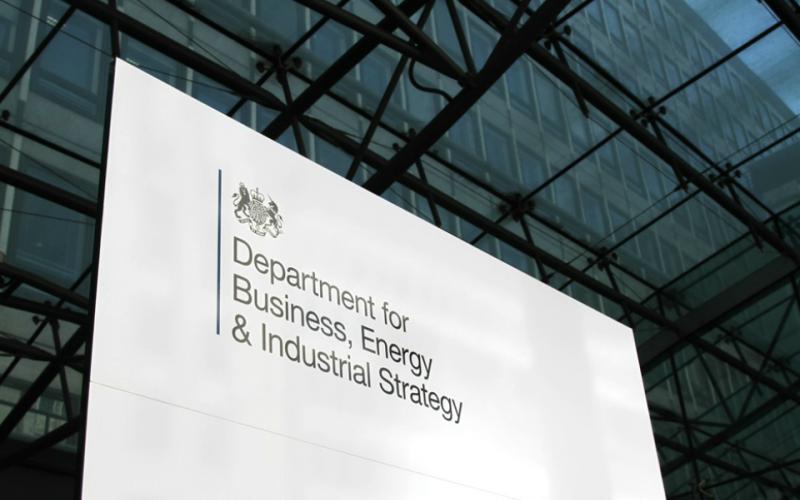An official from the Department of Business, Energy and Industrial Strategy (BEIS) has pushed back against claims that “question marks” hang over government decarbonisation plans, stating that good progress had been made.
David Capper, head of future electricity systems for BEIS, jumped to the defence of the government’s track record after Stewart Reid, head of DSO and innovation at Scottish and Southern Electricity Networks, claimed there had been “next to no progress” on decarbonisation of heat, “reasonable progress” on electricity and just the beginning of plans for transport were beginning to emerge.
“I think I would question that. If you go back to the beginning of the decarbonisation challenge, nobody knew how we were going to do power, let alone transport, and heat? Well, shrug your shoulders. I think we’ve come a long way,” Capper stated.
“Power on existing government policy is due to be under 100g [CO2/kWh] in 2030 and I think that’s not the end of the story but that is a long way from what it was. On transport, we’re at the beginning of the transition but the motor manufacturers have gone for it. It looks like it will be electrification at least to begin with and there’s lots of investment going in there.
“On heat there are question marks, but I don’t think it’s fair to say there are question marks all over the place. The big picture we’ve made quite a lot of progress on how we are going to decarbonise but that doesn’t mean everything’s been solved.”
Renewables now make up around a quarter of the UK’s total electricity generation, well on course to the 30% target set in the European Union’s Renewable Electricity Directive. However, progress in heat has been slow to emerge while in 2015 the figure for renewable energy use in transport had declined by 0.8% from the previous year.
The recent publication of the Clean Growth Strategy (CGS) claimed BEIS was studying options including electrification of heating via heat pumps, use of hydrogen in the gas grid and the role that bioenergy might play in decarbonisation.
However the document added: “At present, it is not clear which approach will work best at scale and offer the most cost-effective, long-term answer.”
Meanwhile, transport is expected to be led by consumer and manufacturing trends as car manufacturers switch their models to electric. However, chancellor Philip Hammond recently used his Budget to unveil a new £400 million charging infrastructure fund, an extra £100 million of investment in the plug-in-car grant, and £40 million in charging R&D.
Capper added that these measures, as well the Smart Systems and Flexibility Plan published in July and the Industrial Strategy, had shown that a whole systems approach to decarbonisation “gone mainstream” with regards to government policy.
However the government’s Clean Growth Strategy, which had been intended to show how the UK would meet its future carbon budgets, did fall short of what was required. Climate change minister Claire Perry claimed that new policies and regulations would emerge in the future to make up this shortfall, adding that she would be “personally disappointed” if the use of ‘flexibilities’ was needed.






